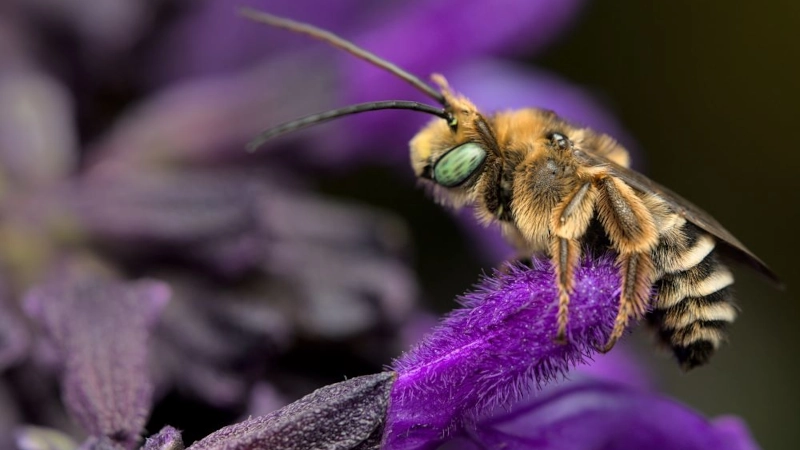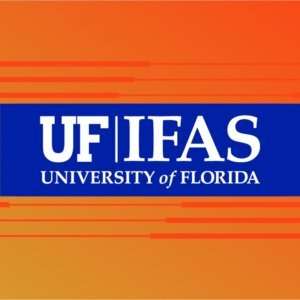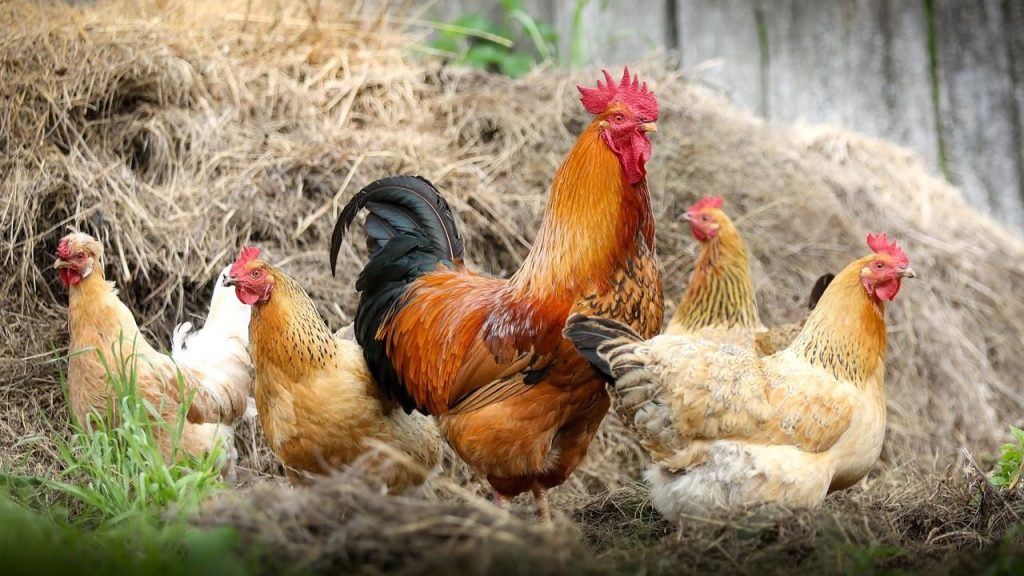Brad is a senior public relations specialist for UF/IFAS Communications. A huge Gator fan, Brad grew up in Gainesville, loves movies, sports and finding great stories to tell.
Native plants outperform non-native species for growth and floral abundance.
If you want more reasons to plant native species, here’s new evidence from University of Florida research: Native plants outperform non-native ones in growth and floral abundance, thriving better under both full and partial irrigation.
That means more pollinators, such as bees, are attracted to them.
Feature Image: Native bee Melissodes on big blue sage. Credit: Walker Bensch, University of Florida.
The research also showed native species adapted better to local environmental conditions, meaning they required less water. That translates to lower maintenance costs.
For the study, scientists selected 20 plants – 10 native and 10 non-native — based on several criteria:
- Their anticipated value to pollinators (particularly bees).
- Diversity in bloom times.
- A mix of flower colors and shapes to attract different pollinators.
Scientists planted the species at the UF/IFAS North Florida Research and Education Center in Quincy and at the Plant Science Research and Education Unit in Citra. They used different irrigation levels and native and non-native plants to see how well the plants would grow.
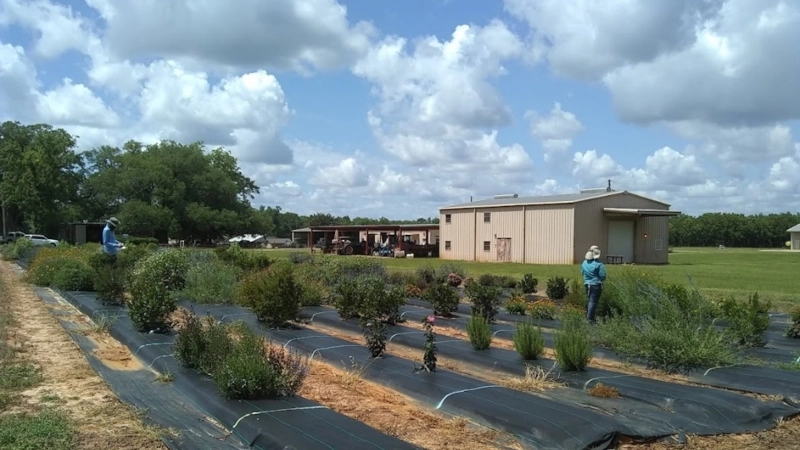
Native plants that were part of the experiment at the North Florida Research and Education Center in Quincy. Credit: Joanna Silva, UF/IFAS.
While full irrigation enhanced plant survival during the first year of the two-year study, native plants generally outperformed non-native ones in both overall plant size and flower density, regardless of water levels.
“This suggests that native plants are more resilient and water-efficient, which is important in areas with water restrictions or droughts,” said Joanna Silva, a doctoral student who conducted the research — with funding from USDA-NIFA — under the supervision of principal investigator Rachel Mallinger, an assistant professor of entomology. “Native species not only help conserve water but support pollinator populations, which is a key strategy for addressing global pollinator decline.”
The research supports efforts to encourage the use of native or Florida-friendly plants in landscapes, contributing to water conservation, Silva said.
That makes these findings particularly important for landscapers, gardeners and nurseries, she said.
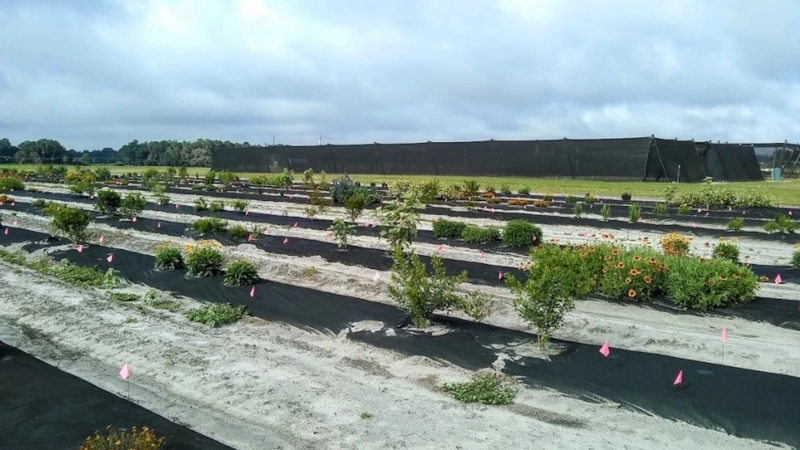
Native plants that were part of the experiment at the Plant Science Research and Education Center in Citra. Credit: Joanna Silva, UF/IFAS.
“Many commercially available plant mixes include native and non-native plants, but sometimes, some of these plants do not provide sufficient resources for pollinators – such as a nectar and pollen — and they require more maintenance than most ecologically friendly plants,” Silva said.
From this study, nurseries, gardeners and landscapers can learn that Florida-friendly plants are suited for local conditions, requiring less water and maintenance, she said.
“By planting native plants, they can create more sustainable landscapes that conserve water and support local pollinators and wildlife,” Silva said.
The post UF study: Native plants outperform non-native species for growth and floral abundance first appeared in the University of Florida Institute of Food and Agricultural Sciences’ Agriculture blog.
The mission of the University of Florida Institute of Food and Agricultural Sciences (UF/IFAS) is to develop knowledge relevant to agricultural, human and natural resources and to make that knowledge available to sustain and enhance the quality of human life. With more than a dozen research facilities, 67 county Extension offices, and award-winning students and faculty in the UF College of Agricultural and Life Sciences, UF/IFAS brings science-based solutions to the state’s agricultural and natural resources industries, and all Florida residents.
